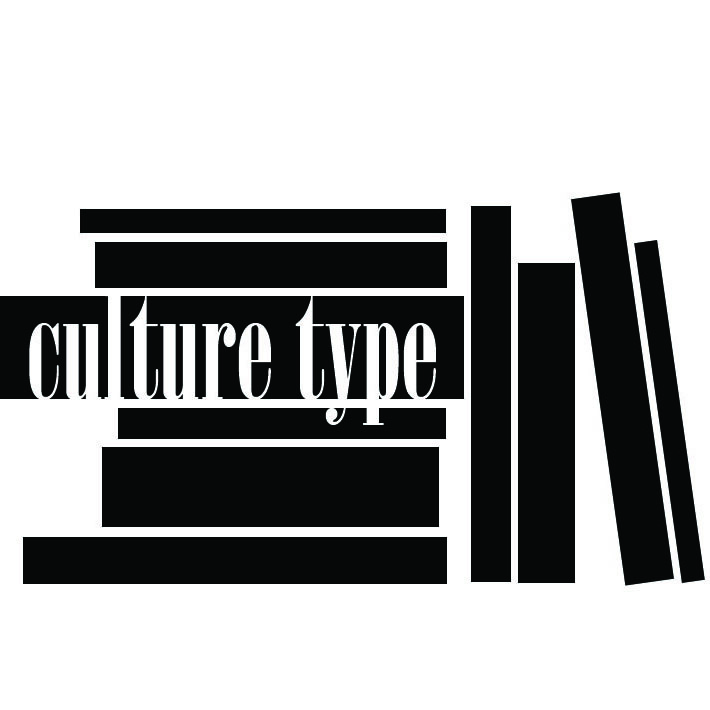LOS ANGELES-BASED artist Njideka Akunyili Crosby is the recipient of the Studio Museum in Harlem’s 10th Annual Joyce Alexander Wien Artist Prize. Since 2006, the $50,000 prize has honored “the artistic achievements of an African American artist who demonstrates great promise and creativity.” The announcement of the annual prize was celebrated at the museum’s 2015 gala on Monday, Oct. 26.
The prestigious award was established by jazz impresario and philanthropist George Wein in honor of his late wife Joyce Alexander Wein, a long-serving trustee of the Studio Museum.
“Selecting Njideka Akunyili Crosby this year was especially meaningful, as she is an alumna of our signature Artist-in-Residence program and truly represents the global nature of the Studio Museum’s mission and reach,” Director and Chief Curator Thelma Golden said in a museum press release.
“Her work embodies the ideals of innovation and promise that were so important to Joyce Alexander Wein.”
Alexander Wein was a jazz columnist for the Simmons College newspaper when she met her future husband, a jazz pianist, who founded a series of music festivals that continue to thrive. After establishing a career as a chemist, she dedicated herself to expanding the couple’s portfolio of jazz and folk festivals. An influential patron of the arts, she founded the New York coalition of 100 Black Women and was an avid collector of African American art, assembling an extensive collection over the years. Alexander Wein died of cancer in 2005.

Njideka Akunyili Crosby. | Courtesy of Paul Smith
LAST YEAR, AKUNYILI CROSBY was recognized with another significant honor. She was the winner of the 2014 Smithsonian American Art Museum’s James Dicke Contemporary Artist Prize. The same day Akunyili Crosby received the award given to artists under 50 years old, Victoria Miro Gallery in London announced it was representing her.
Akunyili Crosby was as 2011-2012 artist in residence at the Studio Museum and was recently featured in the museum’s Draped Down exhibition exploring references to fashion in visual art.
The museum describes her captivating collage paintings thus: “In her vibrant, textured works on paper, Akunyili Crosby employs collage and acetone-transferred images in her depictions of intimacy and domestic life. Her scenes are created by incorporating paintings and photographs of herself, her husband and her family with found images from popular Nigerian fashion and lifestyle magazines.
“Her intimate depictions of domestic spaces and everyday life provide an important counter-narrative to the often troubled representations of Africa’s complex political and social conditions in the media and in the public imagination. The paintings—with their unorthodox shifts in perspective, introduction of specific Nigerian or West African points of reference and foregrounding of subjects of African descent—challenge conventions of representation and portraiture, even as they filter a number of art historical and literary influences.”
“[Njideka Akunyili Crosby’s] intimate depictions of domestic spaces and everyday life provide an important counter-narrative to the often troubled representations of Africa’s complex political and social conditions.”
— Studio Museum in Harlem

NJIDEKA AKUNYILI CROSBY, “Nwantinti,” 2012, acrylic, charcoal, colored pencil, collage and transfers on paper. | Image courtesy of Marc Bernier. © Njideka Akunyili Crosby
BORN IN NIGERIA, Akunyili Crosby was educated at Swarthmore College and Yale University where she received her MFA in 2011. Earlier this year in New York, she was included in the New Museum’s 2015 “Triennial: Surround Audience.” Akunyili Crosby currently has two complementary exhibitions on view in Los Angeles where she lives and works.
Her first-ever exhibition in the city at Mark Bradford’s Art + Practice, presents a new body of work. The Hammer Museum, a partner of Bradford’s foundation, has mounted Akunyili Crosby first museum exhibition in Los Angeles featuring the artist’s early works.
These exhibitions are featured in Culture Type’s roundup of fall exhibitions and listing of solo exhibitions dedicated to black women artists this season.
Over the past decade, the Wein prize has been awarded to mid-career artists such as Gary Simmons (2013), Leonardo Drew (2011), Glenn Ligon (2009) and Lorna Simpson (2006), and more recently has recognized and bolstered the careers of emerging practitioners including Samuel Levi Jones last year, and Crosby this year. CT
TOP IMAGE: On view at Hammer Museum: NJIDEKA AKUNYILI-CROSBY, “And We Begin to Let Go,” 2013 (acrylic, charcoal, pastel, marble dust, collage, and transfers on paper). | Image courtesy the artist. Photo by Jason Wyche

On view at Art + Practice: NJIDEKA AKUNYILI-CROSBY, “I Still Face You,” 2015 (acrylic, charcoal, colored pencils, collage, and Xerox transfers on paper). | Courtesy of the artist and Victoria Miro, London. Photo by Jason Wyche

On view at Hammer Museum: NJIDEKA AKUNYILI-CROSBY, “Janded,” 2013 (acrylic, collage, and oil on panel). | Collection of Wangechi Mutu. Image courtesy the artist and Victoria Miro, London. Photo: Jason Wyche

On view at Hammer Museum: NJIDEKA AKUNYILI CROSBY, “Tea Time in New Haven, Enugu,” 2013 (acrylic, collage, colored pencils, charcoal and transfers on paper). | Image courtesy of Jason Wyche. © Njideka Akunyili Crosby

On view at Hammer Museum: NJIDEKA AKUNYILI CROSBY, “I Refuse to be Invisible,” 2010 (ink, charcoal, acrylic, and transfers on paper). | Collection of Connie Tilton. Image courtesy of the artist and Tilton Gallery, New York.

On view at Hammer Museum: NJIDEKA AKUNYILI CROSBY, “5 Umezebi Street, New Haven, Enugu,” 2012 (acrylic, charcoal, pastel, colored pencil and transfer on paper). | Image courtesy of Max Yawney. © Njideka Akunyili Crosby





















